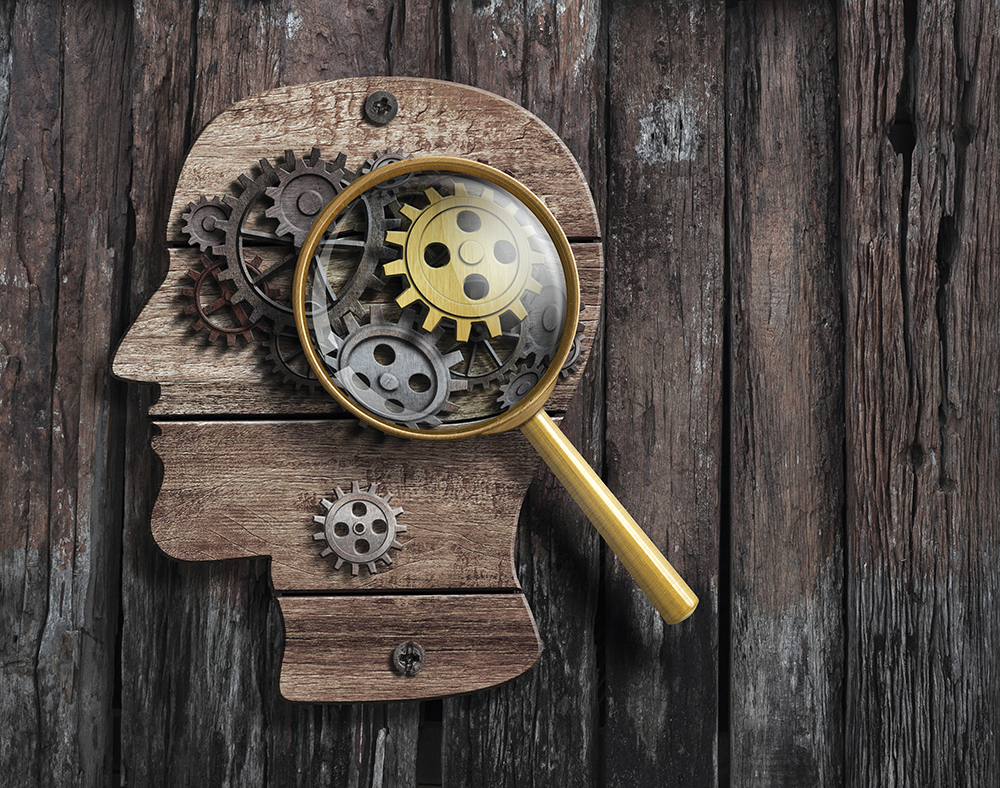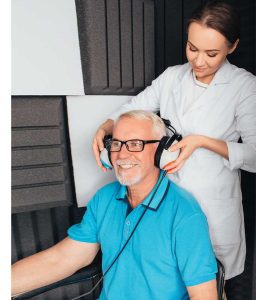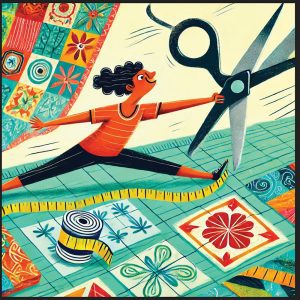As we age, the fight to stay fit and strong can certainly get harder and harder, but it also becomes more and more vital. Not engaging in regular physical activity can lead to muscle atrophy, or the loss of muscle tissue, in as little as three days. A workout regimen and proper diet can make all the difference in staying strong, healthy, and yes, even feeling younger.
Muscles aren’t the only parts of the body in need of a regular workout, however. The brain needs exercise as well in order to keep one feeling healthy and young well into one’s latter years.
Not a Muscle, But Close
While exercise for the brain does not involve pumping iron, the main organ in the central nervous system does benefit from the same things muscles do and, consequently, suffers from poor health choices.
Stress can play havoc on how we feel physically, but in the brain stress can deplete the stores of beneficial chemicals and even prevent the brain from repairing itself. Stress also impairs the ability to think clearly and quickly.
A lack of sleep, vitamin D, and water also affects the brain, inhibiting memory, concentration, and even influencing mood. As the brain is nearly three-quarters water, a lack of proper hydration can result in effects similar to those of dementia. According to the UK Natural Hydration Council, consuming at least 67 to 84 ounces for women and men respectively per day is necessary for proper brain health.
Of course physical exercise benefits brain function as well. While the brain itself is not going to increase in size as a result of lifting weights, its operation does improve. A 2019 study published in the Journal of the International Neuropsychological Society illustrated a simple workout session immediately improves cognition.
More Than a Game
Almost everyone enjoys playing a game once in a while, but some games actually promote brain health. With personal computers and smartphones so prevalent, access to many of these games is faster and easier than ever before.
Anagram and word jumble games like Boggle and Scrabble are just two popular examples of games that not only engage the brain but they can be played with friends in person or with friends online.
Card games such as bridge, gin rummy, poker, hearts, and crazy eights improve memory and thinking skills.
If you are craving some alone time, however, crossword puzzles, Sudoku, and the aptly named solitaire can all aid brain function.
According to a study published in October 2018 by Frontiers in Aging Neuroscience, even assembling a jigsaw puzzle, “recruits multiple visuospatial cognitive abilities and is a potential protective factor for cognitive aging.”
Chess is a game of particular note as it engages the brain in all six cognitive areas of the brain. It engages both short- and long-term memory, uses calculation, critical and strategic thinking, visual and spatial processing, and language. Playing chess on a regular basis is even believed to stave off the onset of Alzheimer’s.
Many of the aforementioned games also have a social aspect to them. Engaging with other people during games can be a tremendous stress reliever and can lower blood pressure, leading to better brain and overall health.
Thinking Outside the Box
Not all brain exercises involve playing cognitive games, of course. There are countless ways one can engage one’s brain and, in so doing, improve its functionality and, believe it or not, even its size.
New experiences and learning new skills are very good for brain health, particularly if those skills are in a field different from what you are already accustomed. For instance, if you are more inclined toward mathematics or engineering, pursuing artistic avenues will engage the other half of your brain.
Learning a new language is something anyone can do at any age. It improves listening skills, memory, and overall intelligence. There are added benefits in that knowing a new language can increase your social circles, cause you to be less anxious when traveling to foreign countries, and make you a more marketable professional.
Take advantage of technology. Learning how to use new computer software or hardware not only will expand your knowledge base it can enable you to stay in better contact with loved ones both near and far. Learn to use a scanner in order to digitize your photo albums. The resultant digital photo albums can then be shared electronically with children, grandchildren, and friends. There are also several forms of genealogy software out there to aid you should that be an avenue of interest.
Engaging all your senses can help your brain as well, as each sense activates different parts of the organ. Taking a cooking class can be a great and delicious way to engage those five senses while expanding your skill base.
Just as stretching helps with physical activity, a good brain stretch can be equally beneficial. Do math problems in your head, play games of trivia, or challenge your recall abilities.
Bulking Up
Like muscles, brains can also atrophy, especially as one enters middle age. The cortical thickness of brain tissue decreases by five percent every decade after the age of 40. Although that might sound alarming, certain brain exercises not only hold off this sign of brain aging, they can actually reverse it. Although brains are not exercised the same way muscles are, these exercises can actually change the shape or increase the size of some parts of one’s brain.
Music provides a wonderful way to do this. Numerous studies have shown learning a musical instrument not only improves ones cognitive thinking, it actually can increase the size of the corpus callosum, a band of nerve fibers connecting the two hemispheres of the brain. Musicians’ brains also tend to be more symmetrical than other people’s.
Learning a musical instrument also improves hand-eye coordination, even increasing the part of the brain associated with finger control. Should your ability to actually play an instrument be compromised, fear not, simply listening to music has brain benefits as well.
Although still a form of physical exercise, the ancient Chinese art of Tai Chi Chuan has also shown to benefit memory function. Frontiers in Aging Neuroscience published a study this year revealing Tai Chi remodels the hippocampal structure of the brain. “Furthermore,” it reported, “our findings support the conclusion that engaging in Tai Chi might be superior in delaying cognitive decline in comparison to walking training.”
Young In Mind
Almost everyone wants to stay as young as possible for as long as possible. Getting daily physical exercise is certainly one way to help in that endeavor.
But if the adage is true about only being as old as you feel then flexing your brain can be as equally effective in helping you feel young for years to come.
For more informative and inspirational articles visit 50 Plus News and Views Bloomington Normal‘s online issue.










